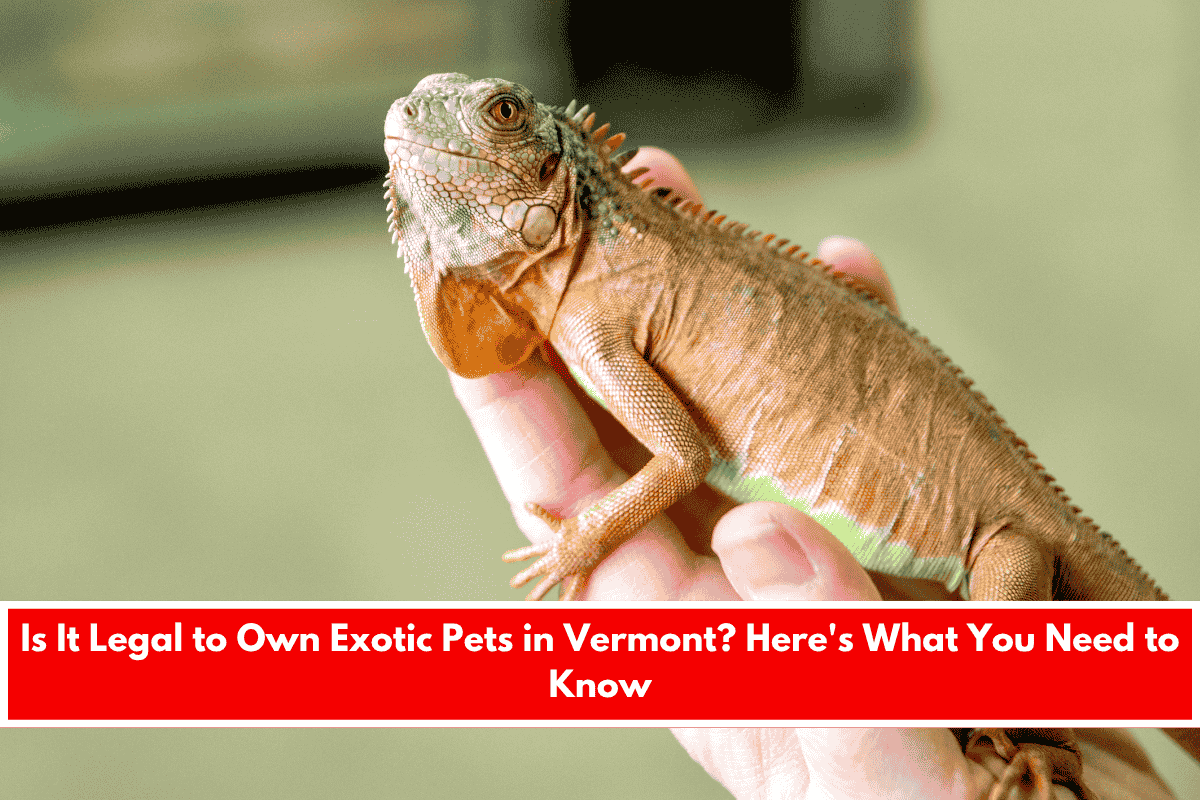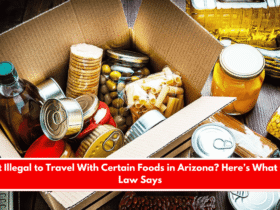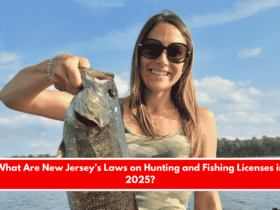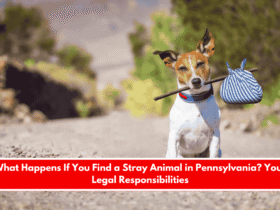Owning exotic pets in Vermont is strictly regulated and, in many cases, prohibited without special permits. Here’s a comprehensive overview of what you need to know before considering an exotic animal as a pet in the state.
General Rule: Most Exotic Pets Are Restricted
- Vermont law prohibits the importation, possession, or transport of any live wild bird or animal without a permit from the Commissioner of Fish & Wildlife.
- This applies to both native and non-native wild animals, including mammals, reptiles, birds, and amphibians.
- Permits are rarely issued for private pet ownership and are generally reserved for scientific, educational, or rehabilitation purposes.
What Is Considered an Exotic Pet?
- Exotic pets are defined as any animal that is not a domestic dog, cat, mouse, rat, rabbit, gerbil, hamster, guinea pig, European ferret, or livestock.
- This broad definition includes many animals commonly kept as pets elsewhere, such as reptiles, amphibians, birds, and small mammals.
Permitted and Prohibited Species
Prohibited Without a Permit
- Wild animals, including foxes, raccoons, skunks, mink, coyotes, bobcats, lynx, servals, and most non-domestic cats and canines, are illegal to possess as pets in Vermont.
- Native reptiles and amphibians cannot be kept as pets unless you have a specific permit.
- Many non-native species also require a permit, and most applications for private pet ownership are denied.
Allowed Without a Permit
- Certain species are listed as “Unrestricted Wild Animals” and may be kept without a permit. These are species determined to pose no threat to native wildlife or human safety and are commonly sold in the pet trade.
- The list of unrestricted animals is maintained and periodically updated by the Vermont Fish & Wildlife Department. If a species is not on this list or the domestic species list, it requires a permit.
- Examples of commonly allowed pets (without a permit): hamsters, gerbils, guinea pigs, European ferrets, and certain reptiles and amphibians that appear on the Unrestricted Wild Animals list.
- Savannah cats and Bengal cats are legal only if they are at least four generations removed (F4) from their wild ancestors.
Local Ordinances
- Some Vermont cities, such as Burlington, have additional restrictions and may ban nearly all exotic animals, including birds, reptiles, and aquarium fish, except for a few domesticated species.
- Grandfathering clauses may allow you to keep an existing exotic pet if registered, but you cannot replace it once it dies.
Permit Requirements
- If you wish to own an exotic pet not on the unrestricted list, you must apply for an Importation and Possession Permit from the Vermont Fish & Wildlife Department.
- Permits are generally not granted for private ownership unless for scientific, educational, or rehabilitation purposes.
- Commercial dealers must have a valid Dealer’s Permit to import, export, or sell wild birds and animals.
Summary Table: Exotic Pet Ownership in Vermont
| Animal Type | Legal to Own as Pet? | Permit Needed? |
|---|---|---|
| Common domestics (dogs, cats, hamsters) | Yes | No |
| Unrestricted Wild Animals (on state list) | Yes | No |
| Wild mammals (foxes, raccoons, bobcats) | No | Not for pets |
| Native reptiles/amphibians | No | Not for pets |
| Savannah/Bengal cats (F4 or later) | Yes | No |
| Other exotic species | No (unless on list) | Yes, rarely granted |
Key Takeaways
- Most exotic pets are not legal in Vermont without a permit, and permits are rarely granted for personal pet ownership.
- Check both state and local laws before acquiring any non-traditional pet.
- Refer to the Vermont Fish & Wildlife Department’s Unrestricted Wild Animals list for species that may be kept without a permit.
- Violating these laws can result in confiscation of the animal, fines, and other penalties.
If you are considering an exotic pet, always consult the Vermont Fish & Wildlife Department and your local ordinances to ensure compliance with all regulations.
Sources:
- https://legislature.vermont.gov/statutes/section/10appendix/001/00018
- https://www.vtherpatlas.org/extras/vermonts-herps-are-not-pets/
- https://usark.org/24vt/
- https://neherp.com/vermont/











Leave a Reply